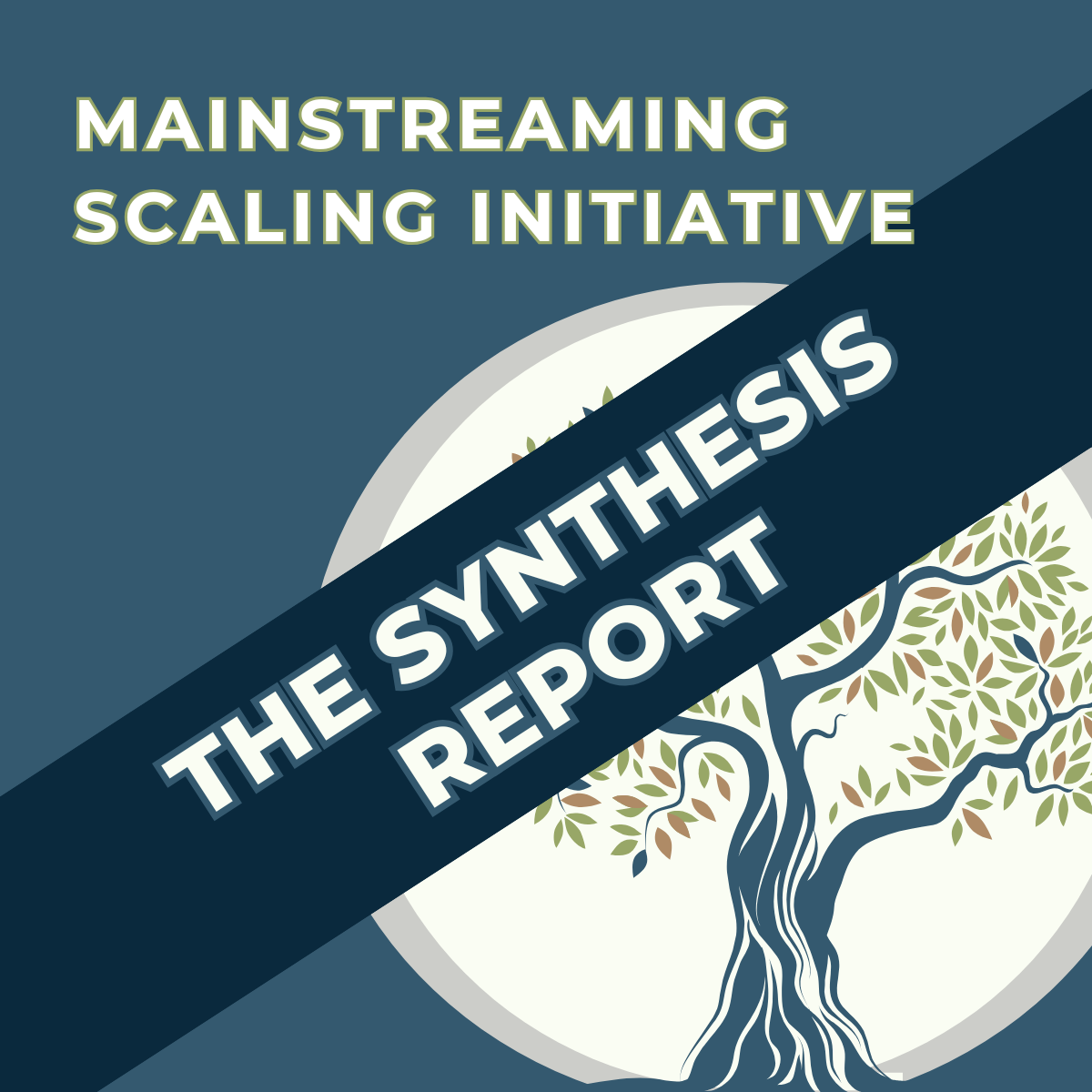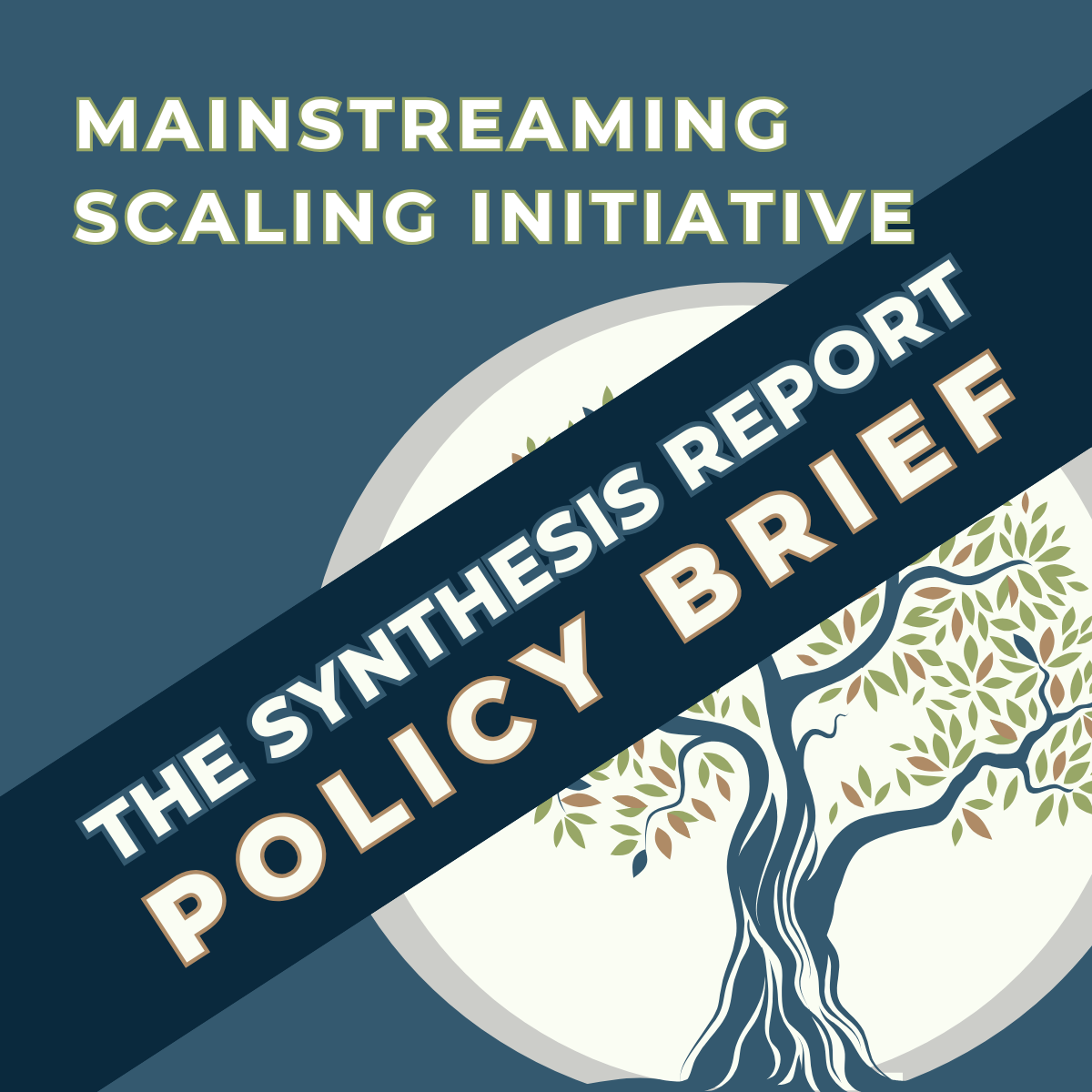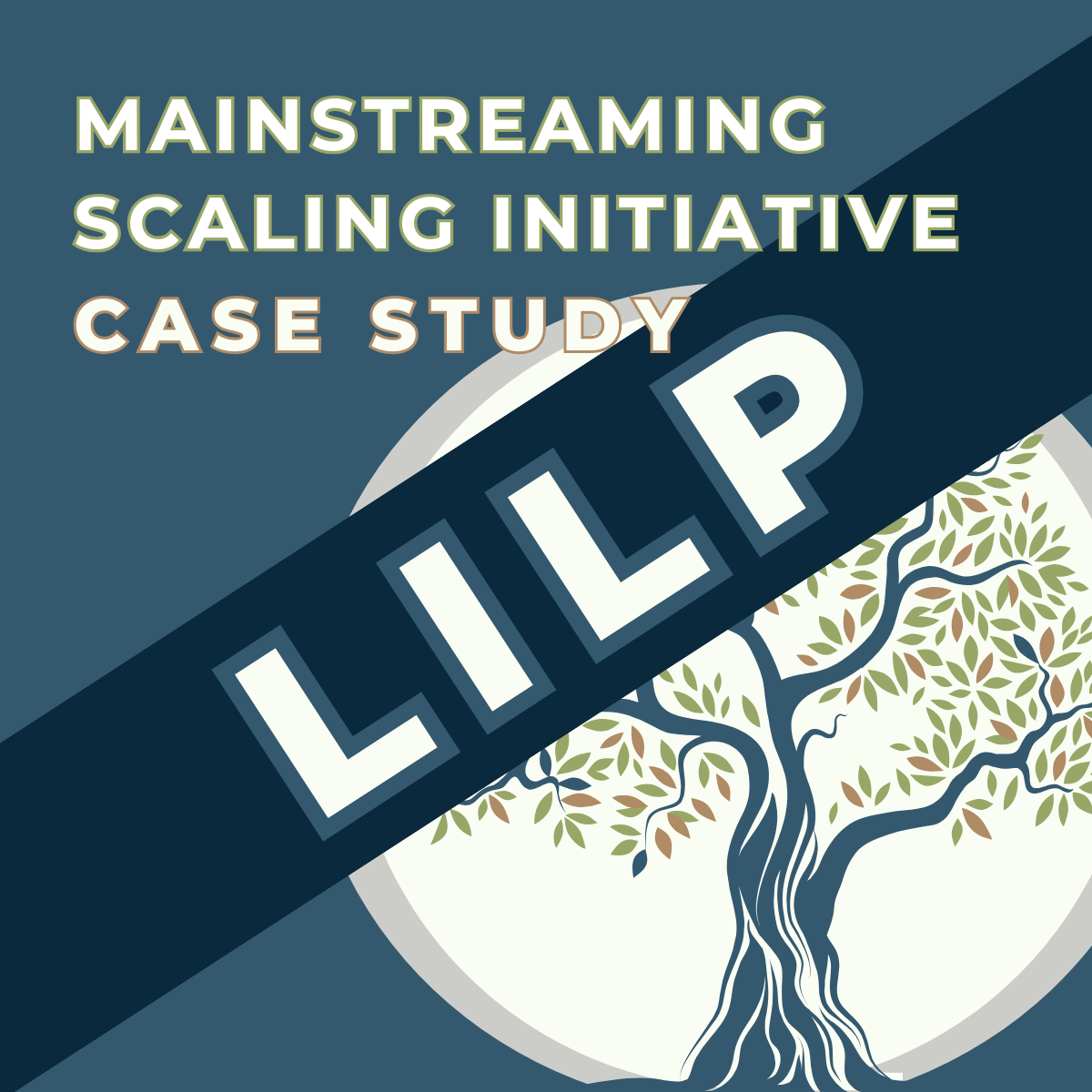
Description
Isabel Guerrero welcomed panelists and participants. She also introduced Colin Christensen, co-chair with Isabel of the Social Enterprise Innovation Working Group. Dan Gregory provided an overview of issues that social enterprises face in the UK and globally. Natalia Agapitova spoke about her many years of supporting social enterprise development in developing countries. Colin shared a case study on getting social enterprises into development funding legislation in the US Congress.
Dan summarized common features of SEs to include: (i) independence from the state; (ii) majority income through trading; (iii) enshrined social/environmental purpose; and (iv) reinvesting a majority of profit. While the panelists agreed on these broad characteristics, they noted that any specific definition of SE will have to be context specific. Moreover, there is a wide range of practice around the world in terms of the legal codification of SE status. Panelists debated whether a legal definition is helpful – while it facilitates government support, it may exclude certain types of SEs that can contribute to the achievement of social goals. There was agreement that it helps to have a clear definition of social enterprises for the purpose of seeking recognition of their unique and significant contribution to provide access to critical goods and services for people at the bottom of the pyramid, which typically are not reached by commercial enterprises or the government. According to a recent World Economic Forum report, worldwide there are 10 million SEs – half led by women – with $12 trillion in annual revenue, creating 200 million jobs.
Panelists discussed several common challenges faced by SEs. Colin noted that SEs face many challenges, including: (i) lack of clarity of definition for the purpose of policy support; (ii) lack of understanding of their role and value; (iii) barriers in access to capital, markets and facilities; (iv) tax and regulatory hurdles; and (v) limited skills and limited capacity to network and collaborate. Natalia shared her experience that governments in Africa are aware of the potential of SEs in reaching underserviced populations at the bottom of the pyramid; the World Bank aims to support them in addressing the principal constraints on SEs with (i) suitable financing mechanisms (payment/program-for-results can be particularly useful); (ii) strengthening regulatory regimes; and (iii) capacity development. Ensuring that SEs are treated appropriately in government (and World Bank) procurement is one of the avenues of support. The panel debated to what extent targeting the scaling of SE innovation specifically with subsidies or other means is appropriate but agreed that in the end its critical to focus on SEs not as ends in themselves but on whether and how they contribute sustainable economic and social impact at scale.
Dan noted that in the UK, the establishment of a governmental SE unit with a team of experts and a budget created a structure that could systematically engage in support of SEI scaling and that lasted through periods of reduced government priority for SEs. Moreover, in the UK a social movement in support of SEs developed which helped carry the momentum of support forward. He advised caution when responding to hyped-up financing innovations such as social impact bonds and social stock exchanges. While they can contribute, they are not silver bullets.
Colin summarized lessons from efforts to get scaling and SEs incorporated into US legislation: (i) don’t get lost in definitions – make the case in terms of SE impact potential (ii) focus on the right legislative mechanism (budget authorization rather than appropriations – the former locks in longer-term commitment); and (iii) work with champions and as part of broader coalitions of like-minded groups.
The closing comment was that scaling enterprise innovation is an example of how experience and lessons cut across the North-South divide and is relevant for many areas of economic, social, and environmental policy.
|
|
|
|






